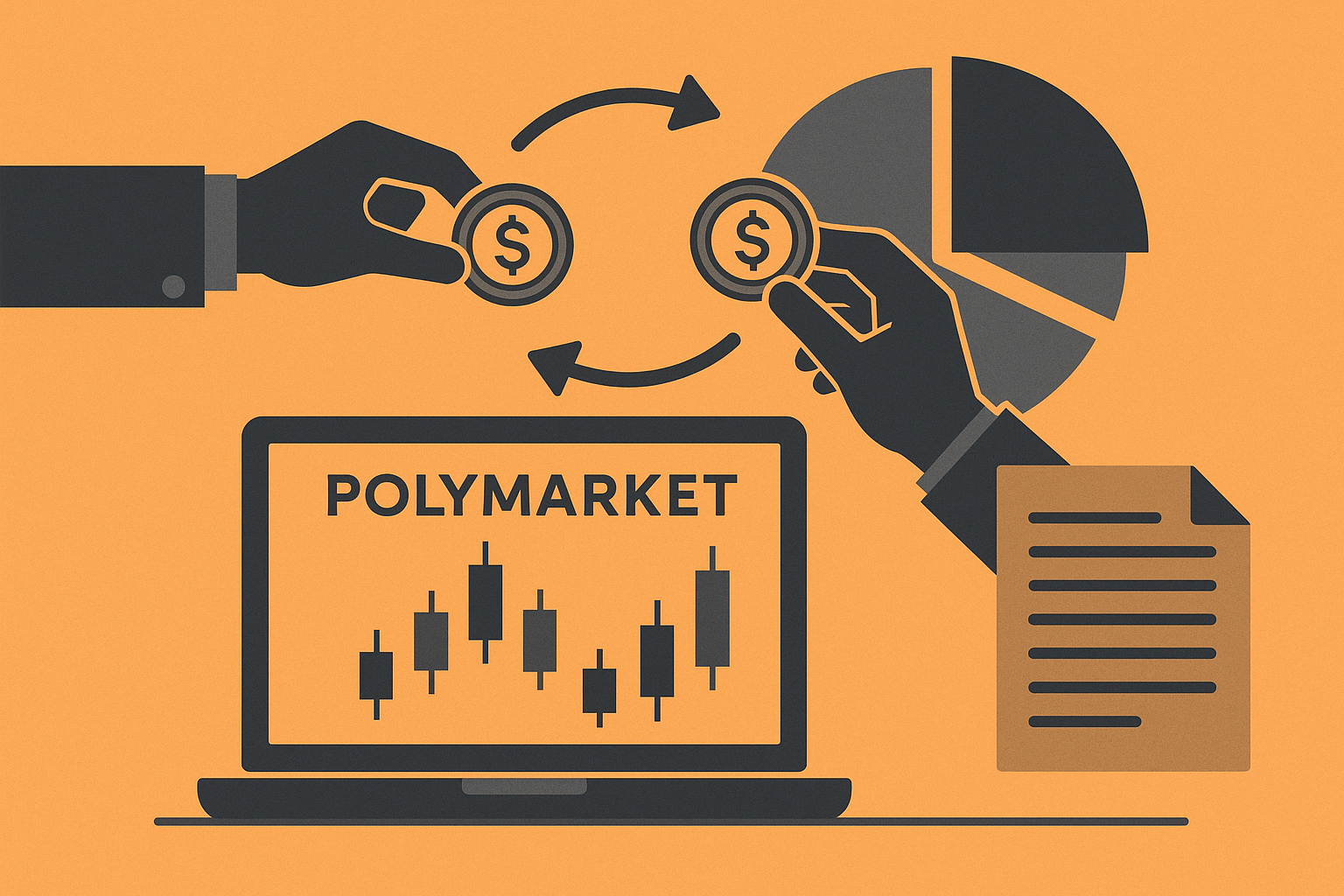
Understanding Wash Trading in Decentralized Finance
Decentralized finance (DeFi) has revolutionized the way we interact with financial systems. With its promise of transparency, autonomy, and efficiency, blockchain-based platforms like Polymarket have gained immense popularity. However, a recent Columbia University study has shed light on a critical issue within the DeFi ecosystem: wash trading.
What is Wash Trading?
Wash trading refers to the artificial inflation of trading activity by transacting with oneself or a closely connected entity. This deceptive practice creates a false perception of market depth and liquidity, often misleading genuine investors. The Columbia University study revealed that almost 25% of transactions on Polymarket over the past three years were attributed to wash trading, raising red flags about the transparency of decentralized markets.
Polymarket: A Case Study
Polymarket, recognized as one of the leading blockchain prediction markets, allows users to bet on outcomes in politics, finance, and culture. Researchers analyzed millions of wallet activities on the Polygon blockchain to identify patterns of self-dealing. Their findings? 14% of the platform’s 1.26 million wallets showed activity consistent with wash trading. These wallets engaged in repetitive and circular transactions, indicating artificial market activity rather than genuine speculation.
The Rise and Fall of Wash Trading
The extent of wash trading on Polymarket has fluctuated significantly over time. The issue peaked at a shocking 60% of total transactions in December 2023, then dropped to 5% by May, before rising again to 20% by October. These trends were often linked to speculative rumors, particularly surrounding potential token launches that caused spikes in trading activity. For instance, hints at a Polymarket token sparked artificial trading surges as users sought to qualify for potential airdrop rewards.
Underlying Factors Driving Wash Trading
The study identified several structural factors within decentralized platforms that facilitate wash trading. Polymarket, for instance, does not charge transaction fees, enables self-custodied wallets, and allows stablecoin settlements. These features, while promoting user accessibility, inadvertently make it easier—and cheaper—for traders to operate multiple pseudonymous accounts and inflate trading volumes.
Decentralized vs. Centralized Oversight
Unlike its closest competitor, Kalshi Inc., which operates under strict US regulations, Polymarket’s blockchain-based operations lack external oversight. While the technology offers unparalleled transparency—allowing anyone to verify transactions on public ledgers—it also opens doors to exploitation in the absence of centralized control.
The Way Forward for DeFi Platforms
The findings from this study call for a reevaluation of how decentralized markets maintain integrity. As DeFi continues to gain traction among institutional investors, including Intercontinental Exchange Inc. (owner of the New York Stock Exchange), it’s imperative to implement mechanisms that deter practices like wash trading.
A Trusted Tool for Market Trading
For those seeking safe and regulated entry points into the cryptocurrency world, platforms like eToro are worth exploring. As one of the top cryptocurrency platforms globally, eToro offers transparency, regulated trading, and the ability to copy top-performing crypto traders. Its user-friendly interface ensures that even new investors can navigate the complexities of cryptocurrency with ease.
Final Thoughts
The emergence of wash trading in DeFi highlights a central challenge for the blockchain community: balancing decentralization with accountability. As platforms like Polymarket grow, they must prioritize measures to maintain transparent and fair trading ecosystems, ensuring trust and credibility for users worldwide.






